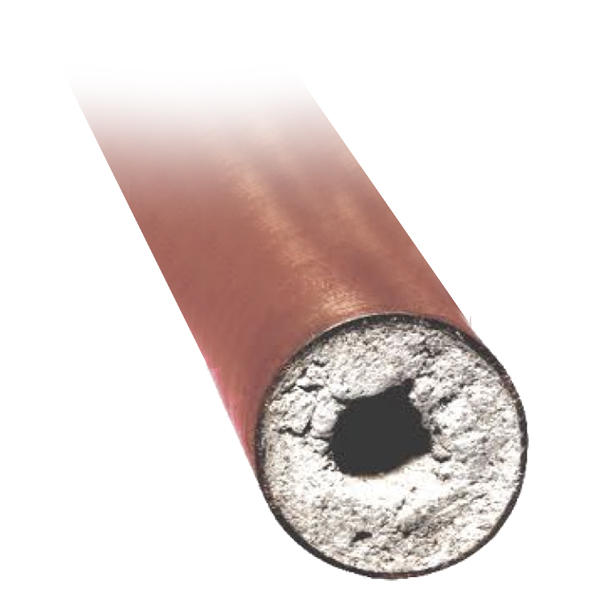Water, by nature, dissolves some part of almost everything it comes into contact with. Underground water dissolves minerals such as limestone, iron, manganese etc in varying concentrations. When such water is taken out from wells, it is higher in these minerals. Water that has come into contact with limestone, is higher in calcium and magnesium and it is these compounds that make the water “Hard”.
Problems with Hard Water
The main problem with hard water is that it forms a white scaly deposit on plumbing fixtures, dishwashers, faucets, showerheads etc. This build-up becomes worse over time and requires frequent cleaning. Moreover, hard water does not form lather easily with soaps or detergents. This causes excessive use of soaps and detergents and even then it makes cleaning harder, and laundry dull.
According to a study conducted by The Water Quality Research Foundation,
- Showerheads on hard water lose 75% of flow rate in less than 18 months
- Tankless water heaters generally fail after only 1.6 years on hard water. On soft water they maintained original factory rating and operating costs are also up to 34% less.
- Gas water heaters are up to 24% more cost efficient on soft water
- Electric water heaters can accumulate as much as 30 lbs of rock shortening the life of the heating element
- You can use 50% less soap and detergent with soft water. Hard water makes soap work harder.
Hard water is measured in “Grains Per Gallon (GPG)” or “Parts Per Million (PPM)”.
- Soft Water – <1.0 GPG (< 17.1 PPM)
- Slightly Hard Water – 1.0 – 3.5 GPG (17.1 – 60 PPM)
- Moderately Hard Water – 3.5 – 7.0 GPG (60 – 120 PPM)
- Hard Water – 7.0 – 10.5 GPG (120 – 180 PPM)
- Very Hard Water > 10.5 GPG (>180 PPM)
With a Rainfresh Water Softener you will get clean, soft water throughout your home. To learn more click here

